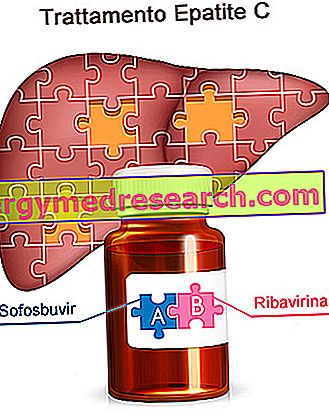Related articles: Glossite
Definition
Glossitis is an inflammation of the tongue, characterized by a change in the appearance and color of the same. The disorder makes the tongue red and alters the perception of taste. In addition, glossitis causes burning, peeling, thickening or atrophy of the papillae. Pain is accentuated with chewing.
Glossitis is a common symptom of many diseases. Acute inflammations of the tongue can be diffuse (scarlet fever, allergic reactions or drug intoxication) or localized (wounds caused by sharp teeth or prostheses, burns and exposure to irritants). Chronic glossitis, on the other hand, may indicate a nutritional deficiency, especially of vitamin B12, folic acid, niacin, iron or zinc.
Sometimes, tongue irritation is one of the signs of xerostomia (oral dryness) in Sjögren's syndrome or in tertiary syphilis.
Inflammation can also be caused by liver disease (eg cirrhosis) and infections from viruses, bacteria and fungi of the oral cavity (eg herpes simplex, candidiasis and ulcerative stomatitis).
Furthermore, glossitis can manifest itself in the context of generalized skin diseases, oral lichen planus, gastroesophageal reflux and malabsorption syndromes, such as celiac disease.
Other factors that can make the tongue red and irritate include ingesting spicy or too hot foods and alcohol, smoking and antibiotic abuse.
Possible Causes * of Glossitis
- Food Allergy
- Contact allergy
- Anemia
- Beriberi
- Candida
- Celiac disease
- Herpes simplex
- Lichen planus
- Whipple's disease
- Pellagra
- Gastroesophageal reflux
- Rubella
- Scarlet fever
- Syphilis
- Sjögren syndrome
- Tropical sprue
- Burns



